When a property owner rents out his or her home using a service like Airbnb, insurers are at the mercy of the renter.
While renters using the Airbnb service are required to follow a set of rules when renting a property, the property owners and insurers are really at the mercy of the renter. The renter could forget to lock the doors or turn off the stove, resulting in theft or a fire. The property owner could rent the home to a rowdy group of people that cause significant damage to the property. When people rent a property, their mindset is not always to take care of the property in as cautious of a way as the homeowner would. Depending on the type of home sharing app used, the property owner could be held liable if the renter were to become injured while on the property.
Today’s insurance underwriters need to be aware if the insured is taking advantage of home sharing apps like Airbnb as this increases risk and the potential for loss.
When a property owner sells goods out of his or her home using Craig’s List or a similar website, it increases the risk of theft.
A surprising number of homeowners are willing to give our their personal address to complete strangers so that they can stop to purchase an item. More often than not, these exchanges are harmless. However, it does increase the risk of theft, damage to the property, and loss (or worse). Insurance underwriters need to talk to talk to insureds about the dangers presented with selling goods and services from their homes and be cognizant that this is a possibility.
Understanding that insurance carriers often have limited contact with insureds, our experienced team at Insurance Risk Services can add a lot of value to carriers and help to strengthen relationships by conducting property inspections. When we conduct property inspections, we represent the insurance carrier, therefore serving as a face for your company. These face-to-face interactions with insureds help to identify additional risks and educate property owners on ways to mitigate insurance risk.
Please contact us at Insurance Risk Services to learn how our accurate, in-person property inspections can provide valuable underwriting support in today’s sharing economy.


